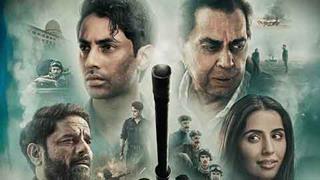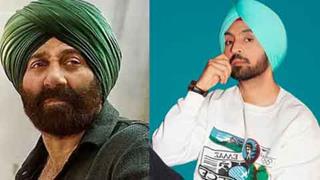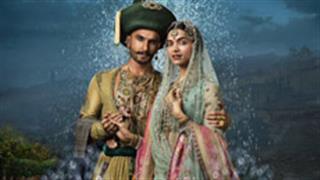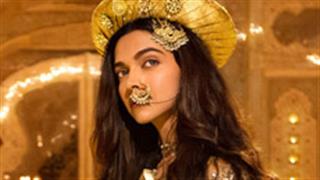Director: Sanjay Leela Bhansali
Rating: ***1/2
Sanjay Leela Bhansali's "Bajirao Mastani", based on the novel "Rau" authored by N.S. Inamdar, is a fictionalised romance drama that encapsulates the 20 year reign of the Maratha warrior Bajirao and his relationship with his second wife Mastani.
The film begins with Bajirao's appointment as Peshwa in the court of Chhattrapati Shahu in Satara. The narration thereafter leads you into his expeditions, his encounter with Mastani and their subsequent, intense romance.
Mounted on a magnificent scale with well-etched characters, resplendent sets and period costumes, the director, intricately and flawlessly, transports you to the era of the Peshwas, circa 1720-1740.
What makes the film stand out is Bhansali's direction. He astutely manages to guide his team to deliver the best. Be it in performances, music, visuals or action, his inimitable stamp is written over every frame of the film.
Prakash Kapadia's screenplay is water-tight and engaging, keeping you riveted to the screen for over 2 hours. His dialogues are colloquial, yet, power-packed. There is no iota of excess, and embellished with the right amount of Marathi words, these sharp and taut dialogues are full of wit, messages and equally hard-hitting.

The performances by the characters are captivating. Bajirao Mastani is Ranveer Singh's canvas.
With his well-chiselled physique, bald pate with a single lock of hair, he slips into Bajirao's hide perfectly. His energy and intensity on screen is palpable.
You empathise with him when he is honest with both his wives and you root for him when he rebels against his widowed mother Radhabai and the high priest.
And most of all, your heart beats for him when he pines for Mastani. The last scene of the film is powerful and Ranveer's presence and competence, takes it a rung higher.
Deepika Padukone as the defiant and confident warrior Mastani, madly in love with Bajirao, is effortlessly convincing. Her performance resonates with the right attitude, both as a warrior and as Bajirao's love interest, making her stand out.
Priyanka Chopra in her navaris -- the nine yard saris, as the obviously hurt Kashibai -- Bajirao's first wife, though a bit dramatic, is herself, glossed-up and pretentious. But nevertheless, she essays her role ably.
Tanvi Azmi as the obtrusive Radhabai is remarkable, with the right amount of drama and restraint in her performance.
The others in supporting roles, too, are perfectly handpicked and deliver outstanding performances.

Visually, the film is mesmerising. The computer generated images seamlessly interlace cinematographer Sudeep Chatterjee's frames.
With his wide angle shots, he not only captures the locales, but also the intricate details of the tale, to perfection. His atmospheric lighting lends authenticity to the period depicted in the film. He has also managed to portray the battle scenes brilliantly, making it look natural and real.
Bhansali's music, with its theatrical background score and soulful songs, integrates well with the narration. The well-choreographed dance sequences are a treat to watch, though the song "Pinga" seems a bit forced and is reminiscent of his "Dola re Dola" in Devdas.
The action sequences by Shyam Kaushal are easily one of the highlights of the film.
Overall, "Bajirao Mastani" is a spectacular masterpiece which will stay with you much after you leave the cinema hall.

















